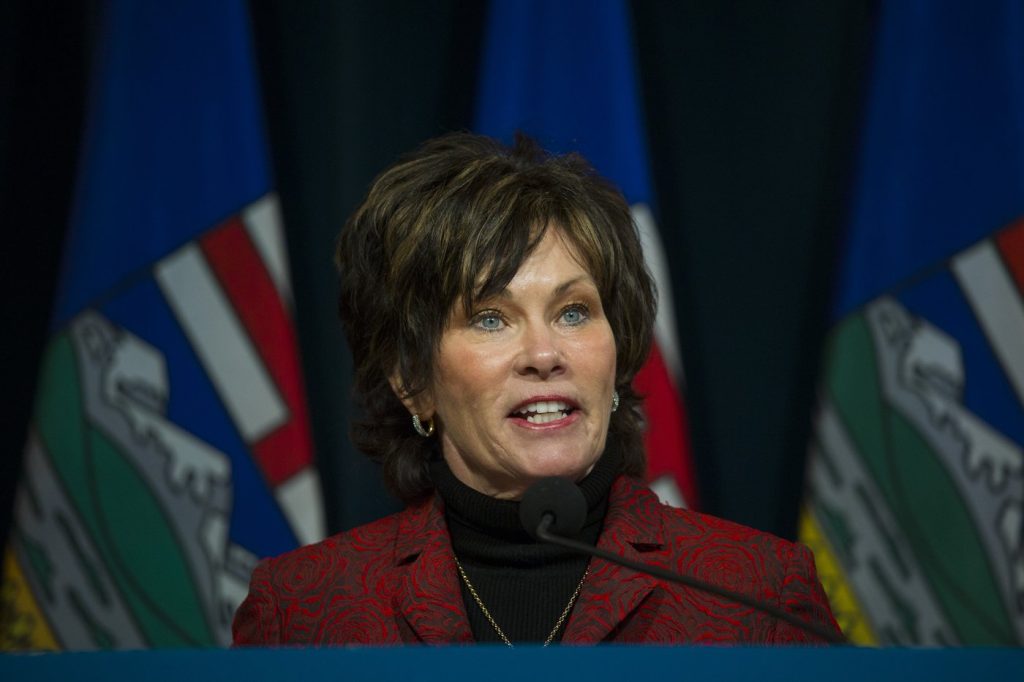The Supreme Court of Canada has declined to hear an appeal from the Alberta government concerning a significant multibillion-dollar coal mining lawsuit that involves key political figures. This lawsuit, valued at $15 billion and initiated in 2023, challenges the Alberta government's reimplementation of its long-standing coal mining policy, which followed a wave of public opposition.
The crux of the lawsuit hinges on the claim made by five coal companies that their investments were severely impacted when the Alberta government reinstated restrictions on coal mining in certain areas. These areas were previously opened to mining after the policy was lifted in 2020, allowing companies to purchase land under the assumption that they could utilize it for coal mining activities. However, the government’s recent actions have led to restrictions or outright bans on mining in these zones, leaving the companies with unusable land.
Central to the legal proceedings is the demand for testimony from former Alberta Energy Minister Sonya Savage and former Environment Minister Jason Nixon. Initially, a ruling had exempted both ministers from needing to testify; however, the Alberta Court of Appeal later determined that Sonya Savage must appear in court. The Court noted that her firsthand knowledge was essential to understanding the rationale behind the controversial policy decision.
The Alberta government, dissatisfied with the appeal court's ruling, sought to escalate the matter by appealing to the Supreme Court of Canada. However, the Supreme Court has now issued a ruling declaring that it will not entertain the Alberta government's appeal, thereby upholding the previous court's decision requiring Sonya Savage's appearance for questioning.
This high-profile case is shaped not only by its financial stakes but also by its implications for the province's energy policies and governance. The situation highlights ongoing tensions between government regulation, environmental concerns, and the interests of the coal industry in Alberta, which has historically been a significant player in Canada’s energy sector.
The outcome of this legal battle could have lasting effects on how resource management and environmental policies are developed and enforced in Alberta and beyond. As the situation evolves, the implications for local communities, environmental advocacy, and the energy market at large are closely monitored by stakeholders on all sides of the issue.
Overall, the refusal of the Supreme Court to hear the appeal marks a critical juncture in the dispute over coal mining regulations in Alberta, underscoring the complex interplay between public policy, corporate interests, and legal accountability in the region.










